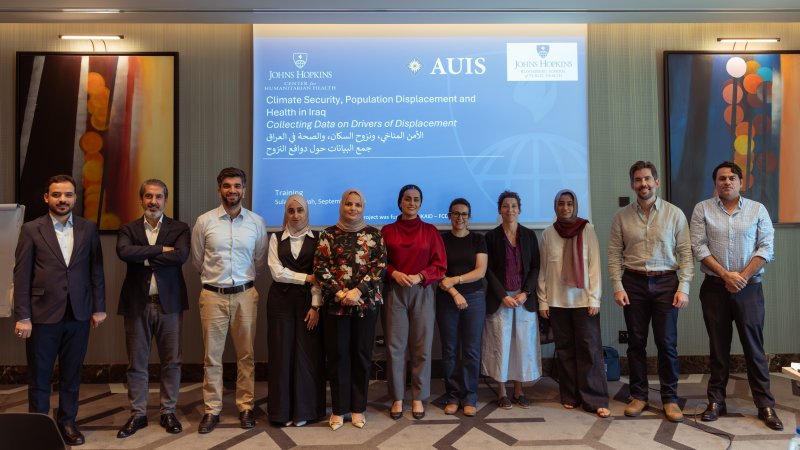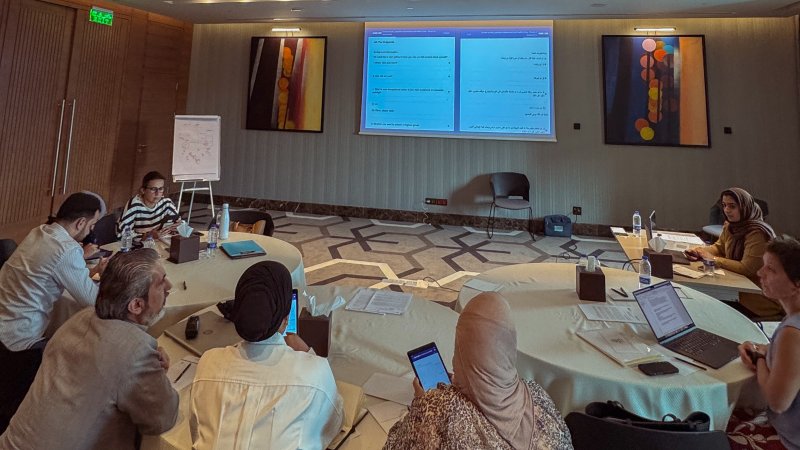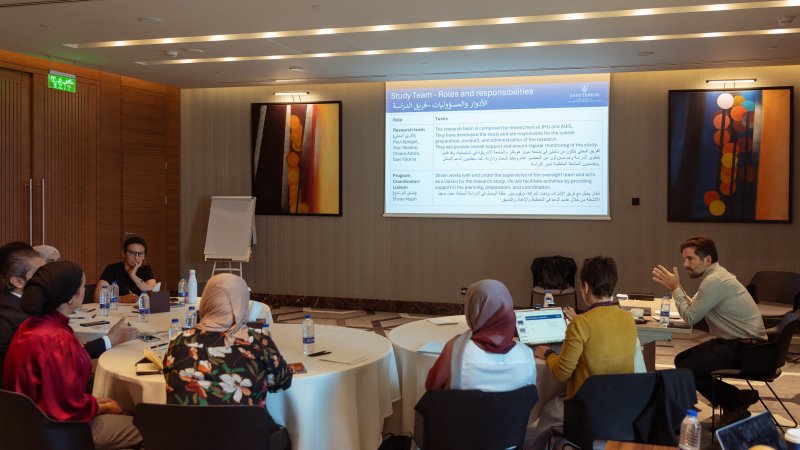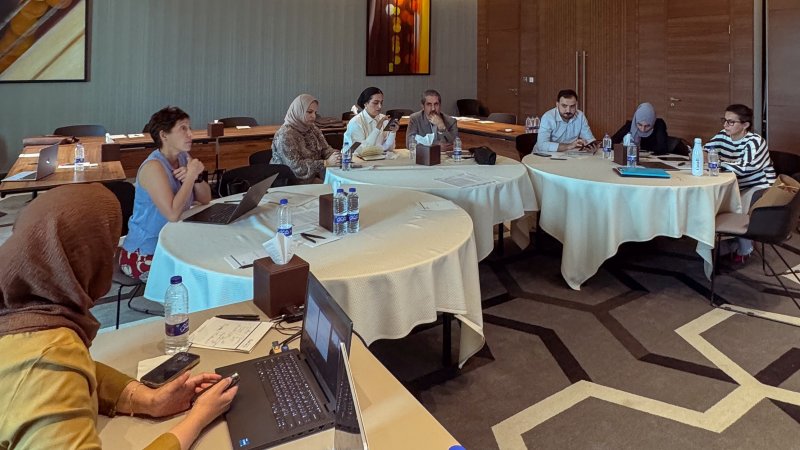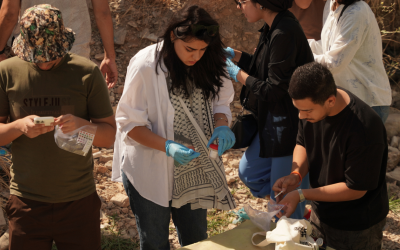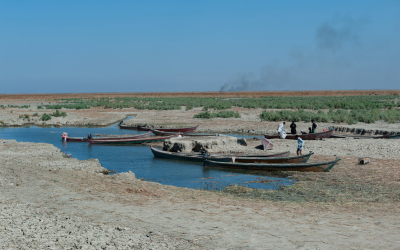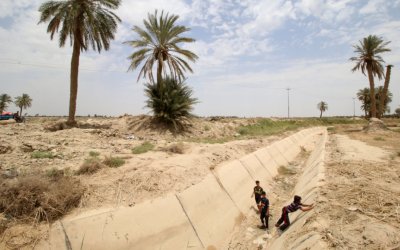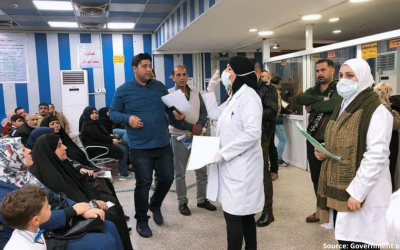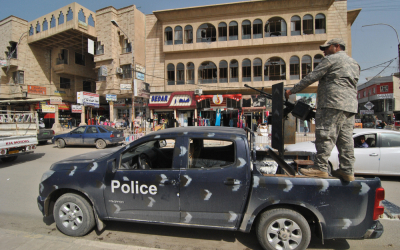Sulaimani, Iraq – September 20, 2025 – The American University of Iraq, Sulaimani (AUIS) and Johns Hopkins University have begun the field research phase of a two-year study examining the links between climate change, displacement, and health. To support the field research phase, a week-long workshop is currently underway in Sulaimani, where researchers are receiving training to prepare for fieldwork that will be carried out in collaboration with Madarat Organization, an Iraqi NGO with extensive research experience.
Much of the existing work on climate and migration in Iraq has focused narrowly on environmental stress. This project widens the lens, examining not only how water scarcity or rising temperatures contribute to population movement, but also how conflict dynamics and health factors shape decisions to move. At the same time, it examines how displacement itself transforms health needs and alters public health preparedness.
The study combines quantitative and qualitative methods. In Iraq, one of the countries in the Middle East most affected by climate change, researchers are tracking how climate stress, insecurity, and health trends shape displacement. The project also has a wider geographic scope, with another research team examining similar dynamics in Mali.
By bringing together climate science, health data, and field-based evidence, the project aims to generate a fuller understanding of how displacement is shaped by intersecting pressures, and how it may evolve under conditions of climate stress. The Iraq research initiative is jointly led by Dr. Paul Spiegel, Director of the Center for Humanitarian Health at Johns Hopkins University, and Dr. Mac Skelton, Director of the Institute of Regional and International Studies at AUIS.

